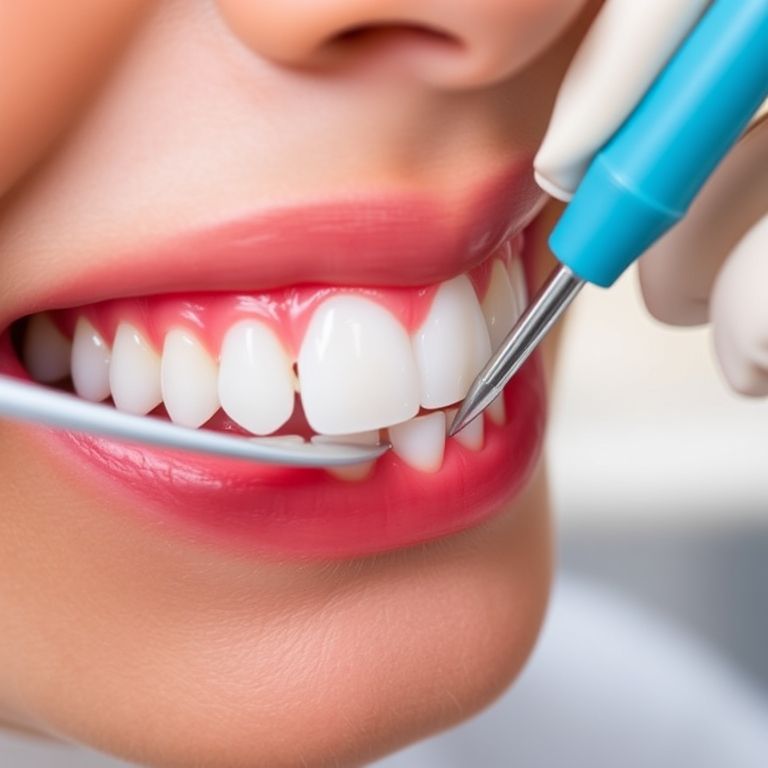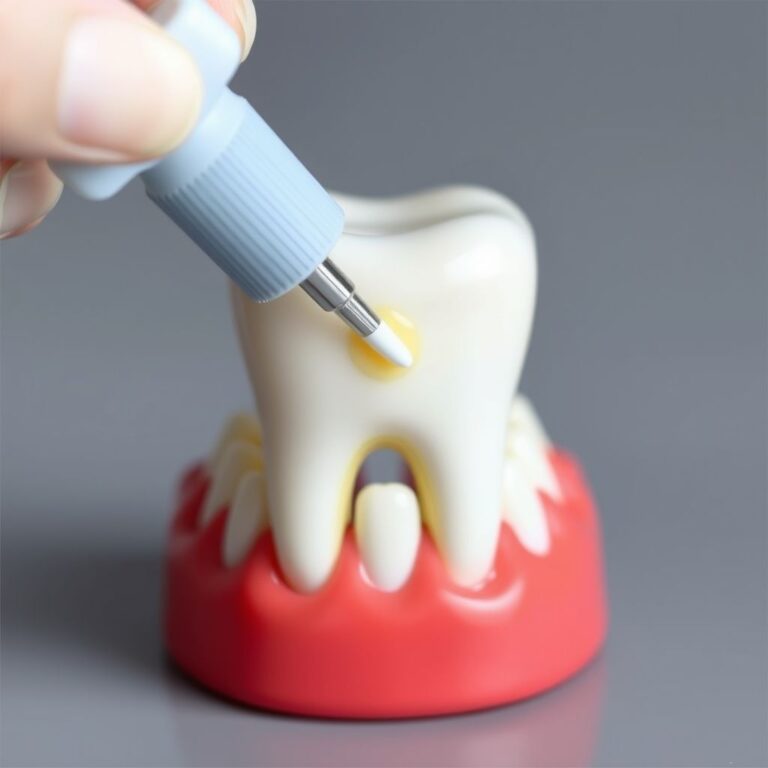The Comprehensive Guide to Average Tooth Filling Cost Before Insurance
Dental fillings are one of the most common restorative procedures, yet many people are unaware of the costs involved—especially before insurance. The average tooth filling cost before insurance ranges from $100 to $600 per tooth, depending on multiple factors.
With rising healthcare expenses, understanding these costs can help you budget effectively and avoid unexpected bills. This guide provides an in-depth breakdown of filling costs, factors influencing pricing, and ways to save money—whether you have insurance or not.

2. What Are Dental Fillings?
Dental fillings repair cavities caused by tooth decay. The dentist removes the decayed portion, cleans the area, and fills it with a durable material to restore functionality.
Types of Dental Fillings
| Filling Material | Average Cost (Before Insurance) | Pros | Cons |
|---|---|---|---|
| Amalgam (Silver) | $100 – $250 | Durable, affordable | Visible, contains mercury |
| Composite (Tooth-Colored) | $150 – $450 | Aesthetic, bonds well | Less durable, higher cost |
| Gold | $300 – $1,000 | Long-lasting, strong | Expensive, noticeable |
| Ceramic (Porcelain) | $250 – $700 | Natural look, stain-resistant | Brittle, costly |
Why Are Fillings Necessary?
Untreated cavities can lead to:
-
Severe toothaches
-
Infections (abscesses)
-
Tooth loss
3. Factors Affecting the Cost of Tooth Fillings
A. Material Used
-
Amalgam: Cheapest but less aesthetic.
-
Composite: Mid-range, popular for front teeth.
-
Gold/Ceramic: Premium options for durability.
B. Tooth Location and Cavity Size
-
Molars require stronger materials, increasing cost.
-
Larger cavities may need more material and labor.
C. Dentist’s Experience and Location
-
Urban dentists charge 20-30% more than rural ones.
-
Specialists (endodontists) may have higher fees.
D. Additional Procedures
-
X-rays: $25 – $250
-
Anesthesia: $50 – $200
-
Deep cleaning: $100 – $400
4. Average Tooth Filling Cost Before Insurance
A. Cost by Material (Per Tooth)
-
Amalgam: $100 – $250
-
Composite: $150 – $450
-
Gold: $300 – $1,000
-
Ceramic: $250 – $700
B. Cost by Tooth Type
-
Front teeth (Composite): $150 – $450
-
Molars (Amalgam/Gold): $200 – $1,000
C. Regional Differences (U.S.)
-
Northeast: $200 – $600
-
Midwest: $150 – $500
-
West Coast: $250 – $700
-
South: $120 – $450
(Similar trends exist in Canada, UK, and Australia, with variations based on healthcare systems.)
5. Insurance vs. No Insurance: How Much Can You Save?
A. Typical Insurance Coverage
Most plans cover 50-80% of filling costs, reducing out-of-pocket expenses to $30 – $200 per tooth.
B. Discount Dental Plans
-
Annual fee: $100 – $200
-
Savings: 20-60% on procedures
C. Payment Plans & Financing
-
CareCredit (0% interest if paid within 6-12 months)
-
In-house dentist financing
6. How to Reduce Tooth Filling Costs
✔ Visit dental schools (30-50% cheaper)
✔ Compare local dentists (use platforms like Zocdoc)
✔ Prevent cavities with fluoride treatments ($20 – $50)
7. Are Cheap Fillings Worth It? Risks vs. Benefits
-
Amalgam fillings last 10-15 years but contain mercury.
-
Composite fillings last 5-10 years but look natural.
-
Gold/Ceramic fillings last 15+ years but are expensive.
8. Alternatives to Traditional Fillings
-
Inlays/Onlays ($500 – $1,500)
-
Crowns ($800 – $2,500)
9. Frequently Asked Questions (FAQs)
Q: How long does a filling procedure take?
A: 30-60 minutes per tooth.
Q: Does insurance cover white fillings?
A: Often only for front teeth; check your plan.
Q: Can I get a filling without drilling?
A: Laser dentistry is an option but costs more.
10. Conclusion
The average tooth filling cost before insurance varies by material, location, and dentist fees. Amalgam is the cheapest, while composite and ceramic offer aesthetics. Insurance can reduce costs by 50-80%, and alternatives like dental schools provide affordable care. Prioritize preventive care to avoid cavities and high expenses.


